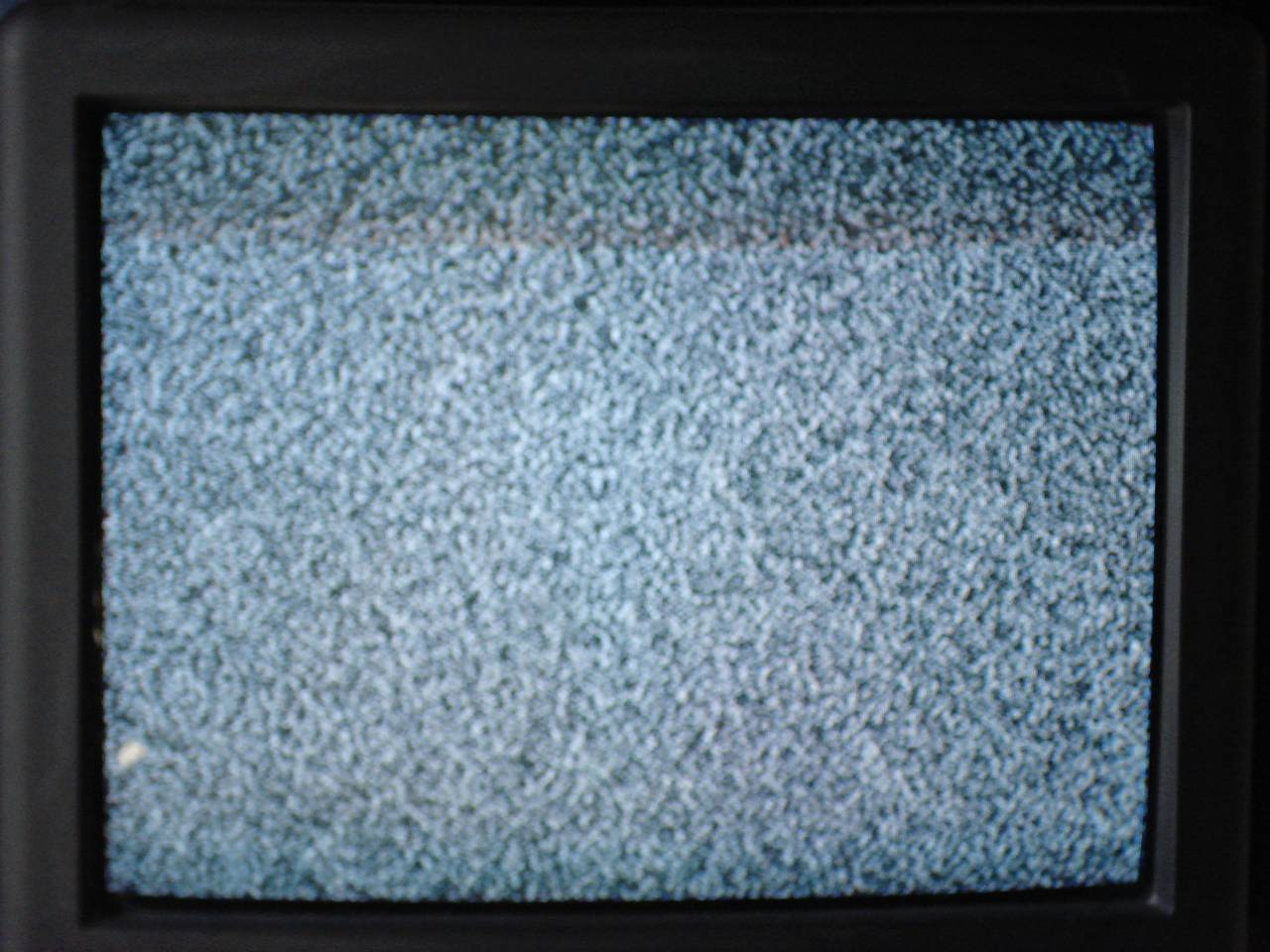YOUR
UTOPIA
MY
DYSTOPIA
Thus we have the meaning of "the medium is the message:" We can know the nature and characteristics of anything we conceive or create (medium) by virtue of the changes - often unnoticed and non-obvious changes - that they effect (message.) McLuhan warns us that we are often distracted by the content of a medium (which, in almost all cases, is another distinct medium in itself.) He writes, "it is only too typical that the "content" of any medium blinds us to the character of the medium." (McLuhan 9) And it is the character of the medium that is its potency or effect - its message. In other words, "This is merely to say that the personal and social consequences of any medium - that is, of any extension of ourselves - result from the new scale that is introduced into our affairs by each extension of ourselves, or by any new technology."
(McLuhan 199)
WENT THE HUMAN WENT ONLINE
01 1984, GEORGE ORWELL
01 1984, GEORGE ORWELL
01 1984, GEORGE ORWELL
Thus we have the meaning of "the medium is the message:" We can know the nature and characteristics of anything we conceive or create (medium) by virtue of the changes - often unnoticed and non-obvious changes - that they effect (message.) McLuhan warns us that we are often distracted by the content of a medium (which, in almost all cases, is another distinct medium in itself.) He writes, "it is only too typical that the "content" of any medium blinds us to the character of the medium." (McLuhan 9) And it is the character of the medium that is its potency or effect - its message. In other words, "This is merely to say that the personal and social consequences of any medium - that is, of any extension of ourselves - result from the new scale that is introduced into our affairs by each extension of ourselves, or by any new technology."
Why is this understanding of "the medium is the message" particularly useful? We tend to notice changes - even slight changes (that unfortunately we often tend to discount in significance.) "The medium is the message" tells us that noticing change in our societal or cultural ground conditions indicates the presence of a new message, that is, the effects of a new medium. With this early warning, we can set out to characterize and identify the new medium before it becomes obvious to everyone - a process that often takes years or even decades. And if we discover that the new medium brings along effects that might be detrimental to our society or culture, we have the opportunity to influence the development and evolution of the new innovation before the effects becomes pervasive. As McLuhan reminds us, "Control over change would seem to consist in moving not with it but ahead of it. Anticipation gives the power to deflect and control force." (McLuhan 199)
Toespraken
Op diverse plaatsen werden toespraken gehouden door betogers. In Amsterdam op het Beursplein kregen de sprekers een applaus van ruim een kwartier lang. Het geklap ging gepaard met muziek, gefluit en gejoel.
De actie in Amsterdam, die zich met name afspeelt rond het Beursplein, verloopt in een goede sfeer. De actie kent in principe geen eindtijd. Op het plein staan enkele tenten en actievoerders hebben aangegeven te blijven zolang het nodig is.
Volgens een politiewoordvoerster is het in principe verboden te slapen op straat, maar zal dit nu zolang het rustig verloopt worden gedoogd.
THEY WANT YOU TO BELIEVE YOU ARE FREE


Thus we have the meaning of "the medium is the message:" We can know the nature and characteristics of anything we conceive or create (medium) by virtue of the changes - often unnoticed and non-obvious changes - that they effect (message.) McLuhan warns us that we are often distracted by the content of a medium (which, in almost all cases, is another distinct medium in itself.) He writes, "it is only too typical that the "content" of any medium blinds us to the character of the medium." (McLuhan 9) And it is the character of the medium that is its potency or effect - its message. In other words, "This is merely to say that the personal and social consequences of any medium - that is, of any extension of ourselves - result from the new scale that is introduced into our affairs by each extension of ourselves, or by any new technology."
Why is this understanding of "the medium is the message" particularly useful? We tend to notice changes - even slight changes (that unfortunately we often tend to discount in significance.) "The medium is the message" tells us that noticing change in our societal or cultural ground conditions indicates the presence of a new message, that is, the effects of a new medium. With this early warning, we can set out to characterize and identify the new medium before it becomes obvious to everyone - a process that often takes years or even decades. And if we discover that the new medium brings along effects that might be detrimental to our society or culture, we have the opportunity to influence the development and evolution of the new innovation before the effects becomes pervasive. As McLuhan reminds us, "Control over change would seem to consist in moving not with it but ahead of it. Anticipation gives the power to deflect and control force." (McLuhan 199)
Thus we have the meaning of "the medium is the message:" We can know the nature and characteristics of anything we conceive or create (medium) by virtue of the changes - often unnoticed and non-obvious changes - that they effect (message.) McLuhan warns us that we are often distracted by the content of a medium (which, in almost all cases, is another distinct medium in itself.) He writes, "it is only too typical that the "content" of any medium blinds us to the character of the medium." (McLuhan 9) And it is the character of the medium that is its potency or effect - its message. In other words, "This is merely to say that the personal and social consequences of any medium - that is, of any extension of ourselves - result from the new scale that is introduced into our affairs by each extension of ourselves, or by any new technology."
Why is this understanding of "the medium is the message" particularly useful? We tend to notice changes - even slight changes (that unfortunately we often tend to discount in significance.) "The medium is the message" tells us that noticing change in our societal or cultural ground conditions indicates the presence of a new message, that is, the effects of a new medium. With this early warning, we can set out to characterize and identify the new medium before it becomes obvious to everyone - a process that often takes years or even decades. And if we discover that the new medium brings along effects that might be detrimental to our society or culture, we have the opportunity to influence the development and evolution of the new innovation before the effects becomes pervasive. As McLuhan reminds us, "Control over change would seem to consist in moving not with it but ahead of it. Anticipation gives the power to deflect and control force." (McLuhan 199)
01 1984, GEORGE ORWELL
THE
MEDIUM
IS
THE
MESSAGE
01 1984, GEORGE ORWELL
INTERNET
UTOPIA
KILL
YOUR
TV
Thus we have the meaning of "the medium is the message:" We can know the nature and characteristics of anything we conceive or create (medium) by virtue of the changes - often unnoticed and non-obvious changes - that they effect (message.) McLuhan warns us that we are often distracted by the content of a medium (which, in almost all cases, is another distinct medium in itself.) He writes, "it is only too typical that the "content" of any medium blinds us to the character of the medium." (McLuhan 9) And it is the character of the medium that is its potency or effect - its message. In other words, "This is merely to say that the personal and social consequences of any medium - that is, of any extension of ourselves - result from the new scale that is introduced into our affairs by each extension of ourselves, or by any new technology."
(McLuhan 199)
MAPPING THE NEW MEDIUM